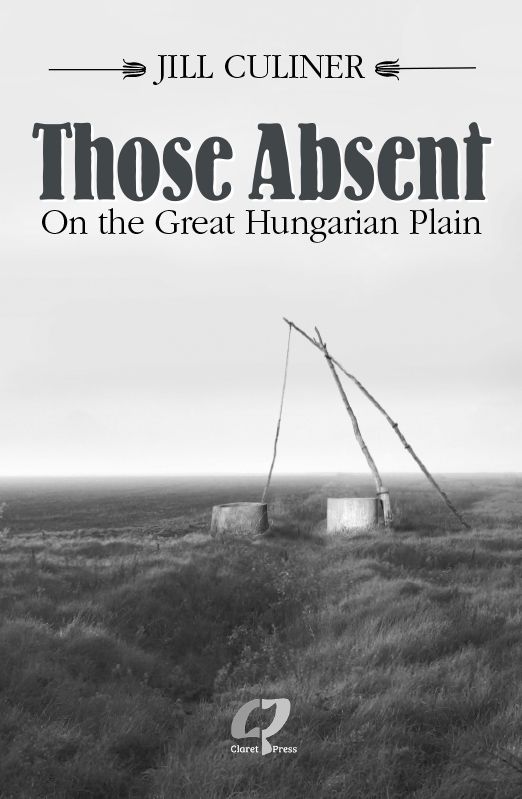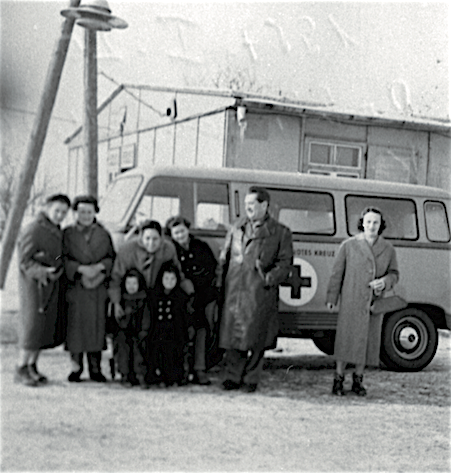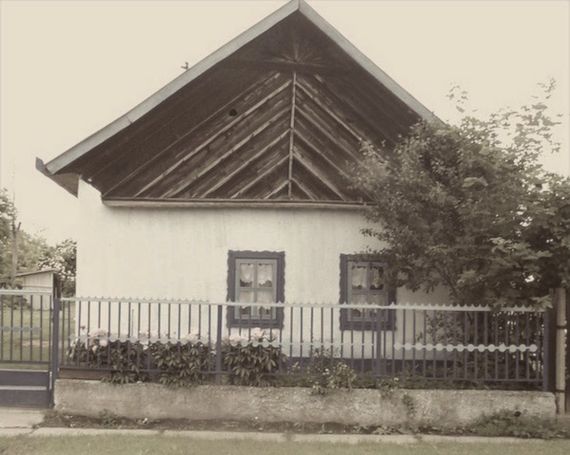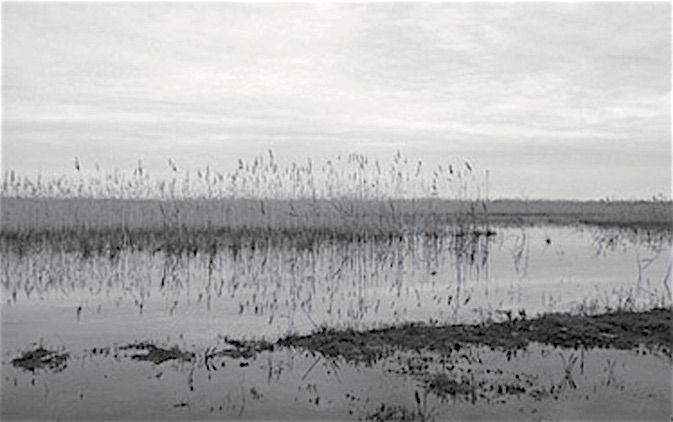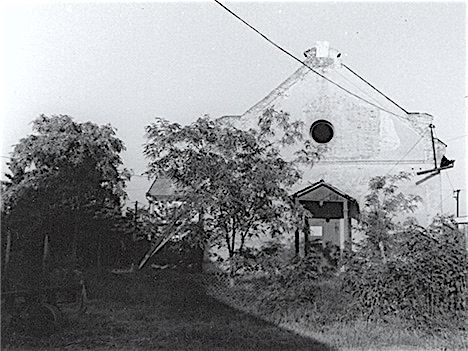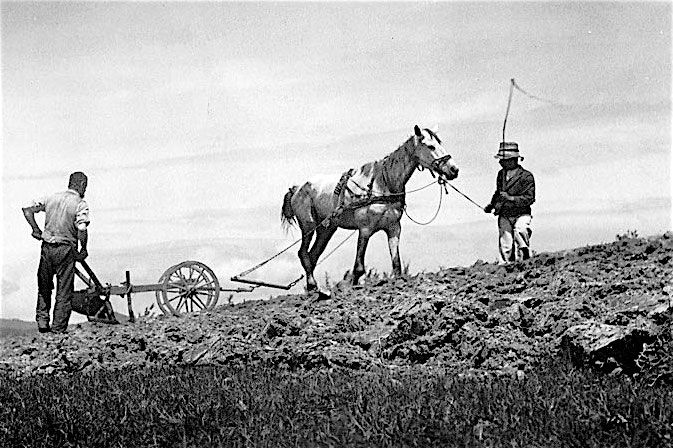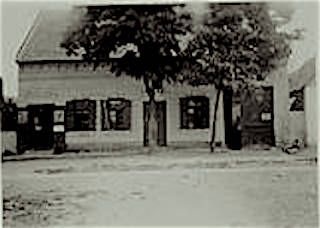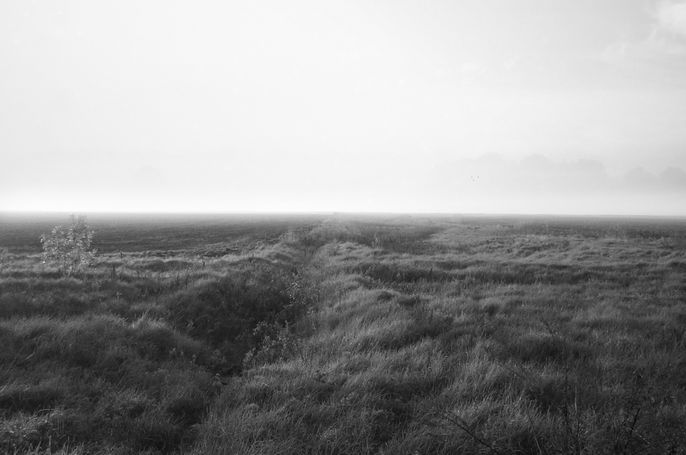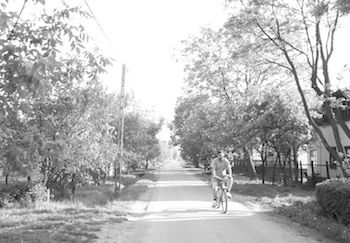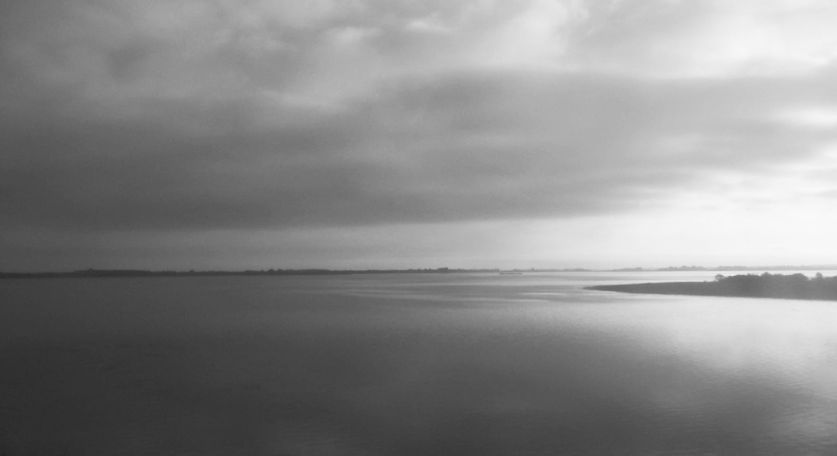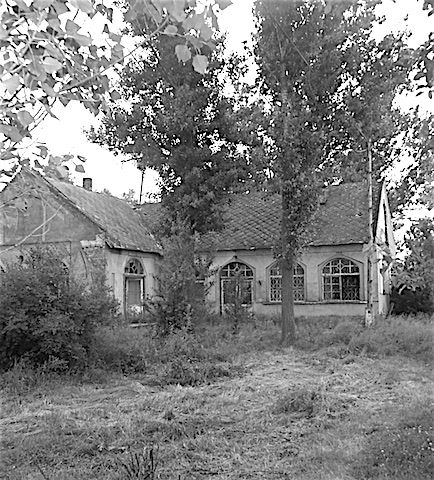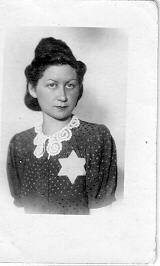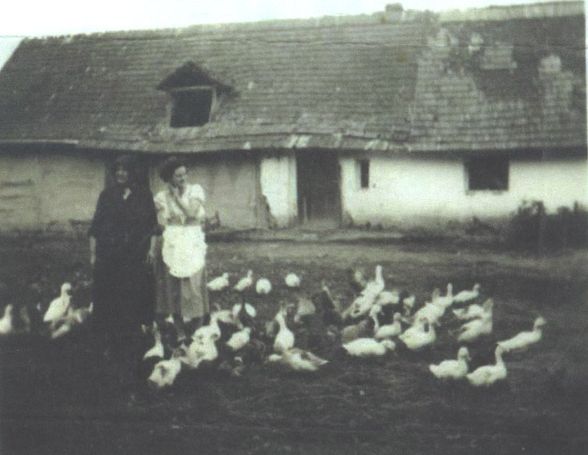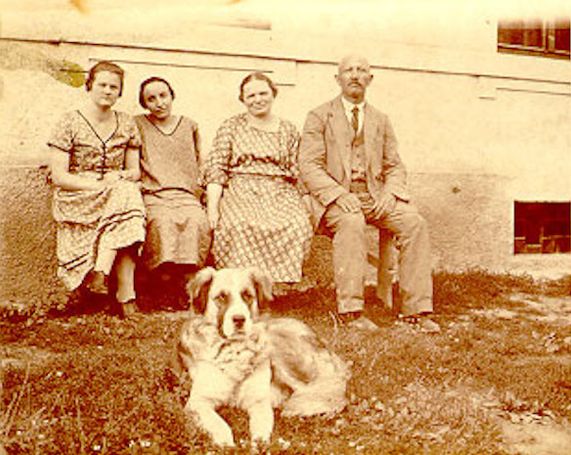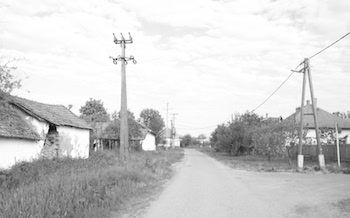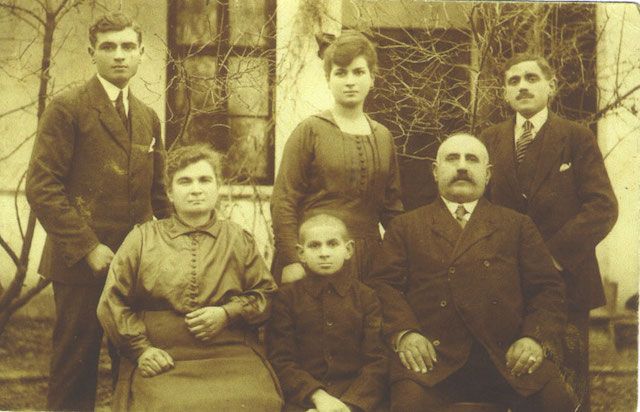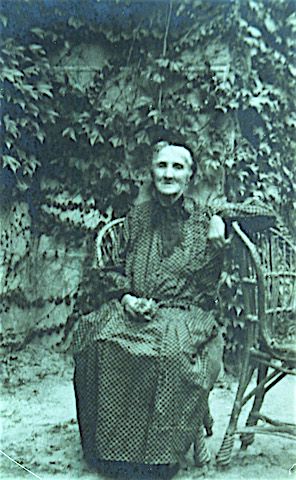Non-fiction/Biography/Travel/History/Memoir
Those Absent
on the Great Hungarian Plain
In 1999, I was preparing a UNESCO-sponsored photographic exhibition for the Musée de la Résistance et de la Déportation in France: the theme was Europe’s vanished rural Jews. Although the Jewish world had been largely exterminated during WWII, I would travel through Central Europe and the Baltic States, search for its trace in architecture and local memory.
One stop in my journey was Hungary, home to Europe’s second-largest Jewish population in 1914. Although now a popular tourist destination as well as a magnet for heritage travel, Hungary is one of Europe’s least-known countries. Its long history, complicated by intermittent foreign dominance, has been obscured by fantastic myth; and its Finno-Ugric language is impenetrable to most. To further blur understanding, modern tourism satisfies itself with incessant movement, colourful showmanship and selfies taken in emblematic settings. Yet to discover, even imperfectly, an area, a country, a mentality, it is necessary to go slowly (even on foot), to tarry in places never mentioned in guidebooks or on travel sites.
I intended to spend ten days in the country, taking photos in unspectacular rural communities. But in a small town on the Great Plain, I was welcomed by a friendly local group — the affable but bibulous Karcsi, bar-owning Ildikó, Kata, the eternal party girl, Tarzan, black-marketeer and corrupt night watchman, Janci, a musician who refused Hungarian music in favour of elevator ‘noise’ and Udo, the naïve Austrian. And I returned so often to hear their stories that my visits evolved into a residency of six years.
Local society was an uneasy mix. Retired communist officials lived elbow-to-elbow with their victims – nobles who had lost their lands, expropriated peasants and those who had endured torture. Alongside Hungarian-Swabian survivors of post-war ethnic cleansing, there were German retirees as well as previous members of the Hitler Youth Movement; and there were returning Hungarians who, slipping out of the country in 1956, had become lucky elsewhere. For all, admission to the EU in 2004 brought change that was rapid and relentless.
The agricultural sector was unprepared for the influx of cheap foreign produce and the devaluation of local commodities. Struggling with the rising cost of food, housing and utilities, few could conceive of acquiring the flashy cars, large screen televisions, computers and big new houses advertised everywhere. Huge supermarkets were appearing, yet unable to shop in them, villagers could simply go up and down the aisles, marvel at what was being offered and dream that one day they, too, could participate in the consumer society. Because all that was familiar – traditional music, centuries-old customs and local architecture – was disappearing, reassurance came in the political promises of an authoritarian populist leader and a violent hatred of those eternal scapegoats: the Roma, and the (largely vanished) rural Jewish community.
What people are saying about Those Absent:
Part history, part detective story, part personal memoir, Those Absent brings to life a cast of characters fitting for a Dickensian novel, deals with the fallibility of memory, the nature of prejudice and persecution, and the past as both history and fiction.
Dr Michael Talalay, Writer, Lecturer, Regents University London
A fascinating literary journey, and frank investigation of the region’s daily life, its common beliefs and rarely mentioned truths. Highly recommended.
Mel Cederbaum, Executive Director, Toronto Workmen's Circle
Part memoir, part travelogue, part history, part elegy, this multi-layered homage to the Great Hungarian Plain embraces its majesty and tragedy at virtually the last possible moment.
Robin Roger, Psychotherapist, Writer, Reviewer
The long history of hatred toward the Jews combined with the exploitation and misery of the peasants have forged Hungarian identity. Jill Culiner’s Central Europe is plagued by the same demons that led to the tragedies of the past century.
Dr Marcel Calvez, Emeritus Professor of Sociology, University of Rennes, France
In a narrative of village life, coarse xenophobia and cruelty contrast with acceptance, friendship and laughter. The horror of the past is concealed, yet Culiner finds compassion in human failure.
Penny-Lynn Cookson, Art Historian, Writer
On the Great Hungarian Plain
The Great Hungarian Plain Now and Then
Nous avons besoin de votre consentement pour charger les traductions
Nous utilisons un service tiers pour traduire le contenu du site web qui peut collecter des données sur votre activité. Veuillez prendre connaissance des détails et accepter le service pour visualiser les traductions.

